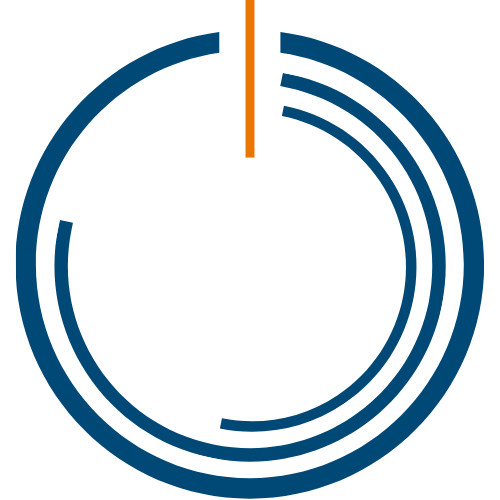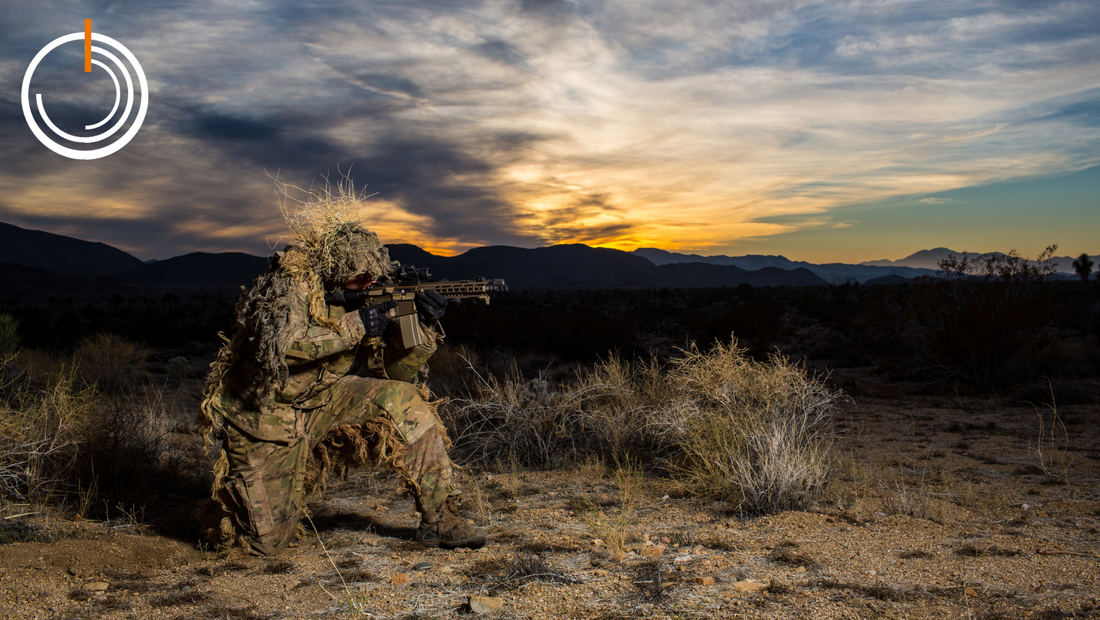Revolutionary Roots: Coffee and Patriotism

As far back as the American Revolution, coffee was considered a patriotic drink. When Boston Tea Partiers famously dumped tea into the harbor, coffee drinkers were hailed as defenders of liberty. Coffee's significance in wartime America was underscored during World War II when the government briefly rationed it to ensure soldiers had an adequate supply.
Civil War and Coffee: A Match Made in the Trenches

During the U.S. Civil War, coffee became a staple for soldiers on both sides. Coffee beans were distributed green, and soldiers would roast and grind them to make the invigorating brew. Coffee provided a much-needed boost, especially after grueling night marches, offering a sense of refreshment akin to a full night's sleep. Some soldiers even considered coffee and sugar more valuable than anything else.
Modern Deployments: Caffeine Beyond Coffee

Today, the U.S. military incorporates caffeine into various forms, including food, gum, and beverages, to maintain soldier alertness and enhance performance. Products like caffeinated beef jerky, mints, gum, energy bars, and applesauce are all part of the military's arsenal to combat fatigue and ensure readiness.
These caffeine-infused products typically contain around 100 mg of caffeine per serving, comparable to an average cup of coffee's 163 mg. The military's quest to caffeinate its soldiers is a century-old endeavor, as highlighted in the 1896 Report of the Secretary of War. It underlines caffeine's role as a necessary component in reserve and emergency rations, especially during times of fatigue and limited food supply.
Global Adoption: The Widespread Use of Caffeine
It's not just the U.S. military that recognizes caffeine's importance on the battlefield. The U.S. Department of Defense, along with military divisions from Canada, Australia, New Zealand, and the United Kingdom, are actively researching and promoting caffeine's use in combat scenarios. These nations understand that caffeine is a valuable tool to fight fatigue and bolster alertness.
Safety Considerations: Balancing Caffeine Intake
While caffeine provides numerous benefits to soldiers, it's essential to consider safe usage. Excessive caffeine intake can lead to side effects such as insomnia, nervousness, muscle tremors, stomach upset, irritability, headaches, restlessness, excessive urination, and a fast heartbeat. Heavy caffeine use, in the range of 400 to 600 milligrams per day, can result in these side effects.
For reference, the optimal caffeine intake is 1-3 mg of caffeine for every 1 kg of body weight, less for adolescents, and none for children. Use our calculator to calculate your optimal intake. Balancing caffeine consumption is key to maximizing its benefits while avoiding unwanted side effects.
Caffeine's role in the military reflects its enduring significance as an ally that enhances alertness, stamina, and focus in the most demanding and challenging situations. Whether it's on the battlefield or during a long night shift, caffeine continues to be a trusted companion for those who need to stay vigilant and at their best.

